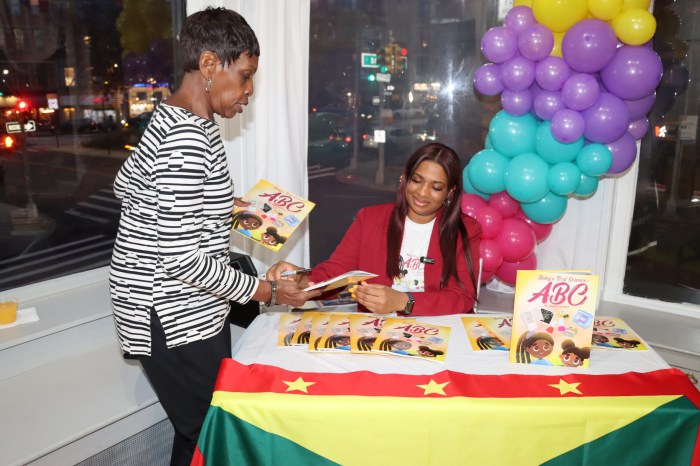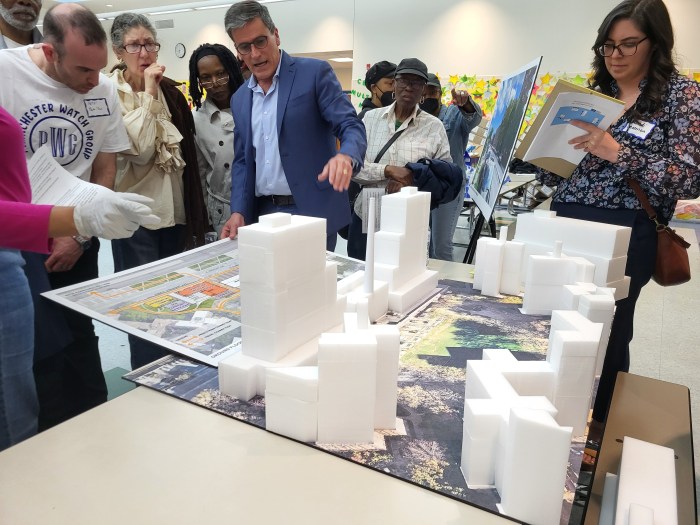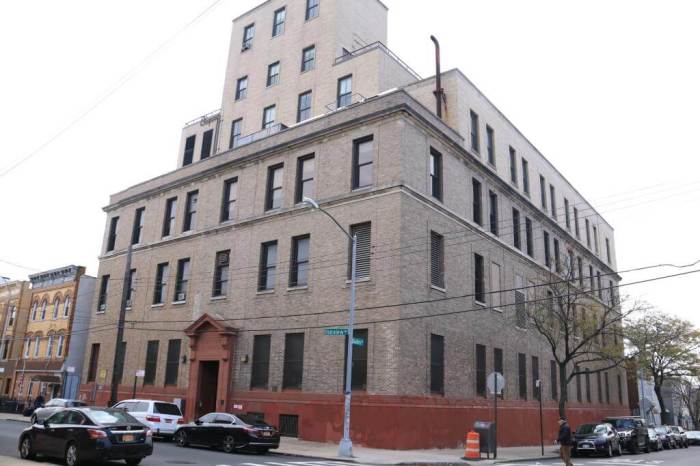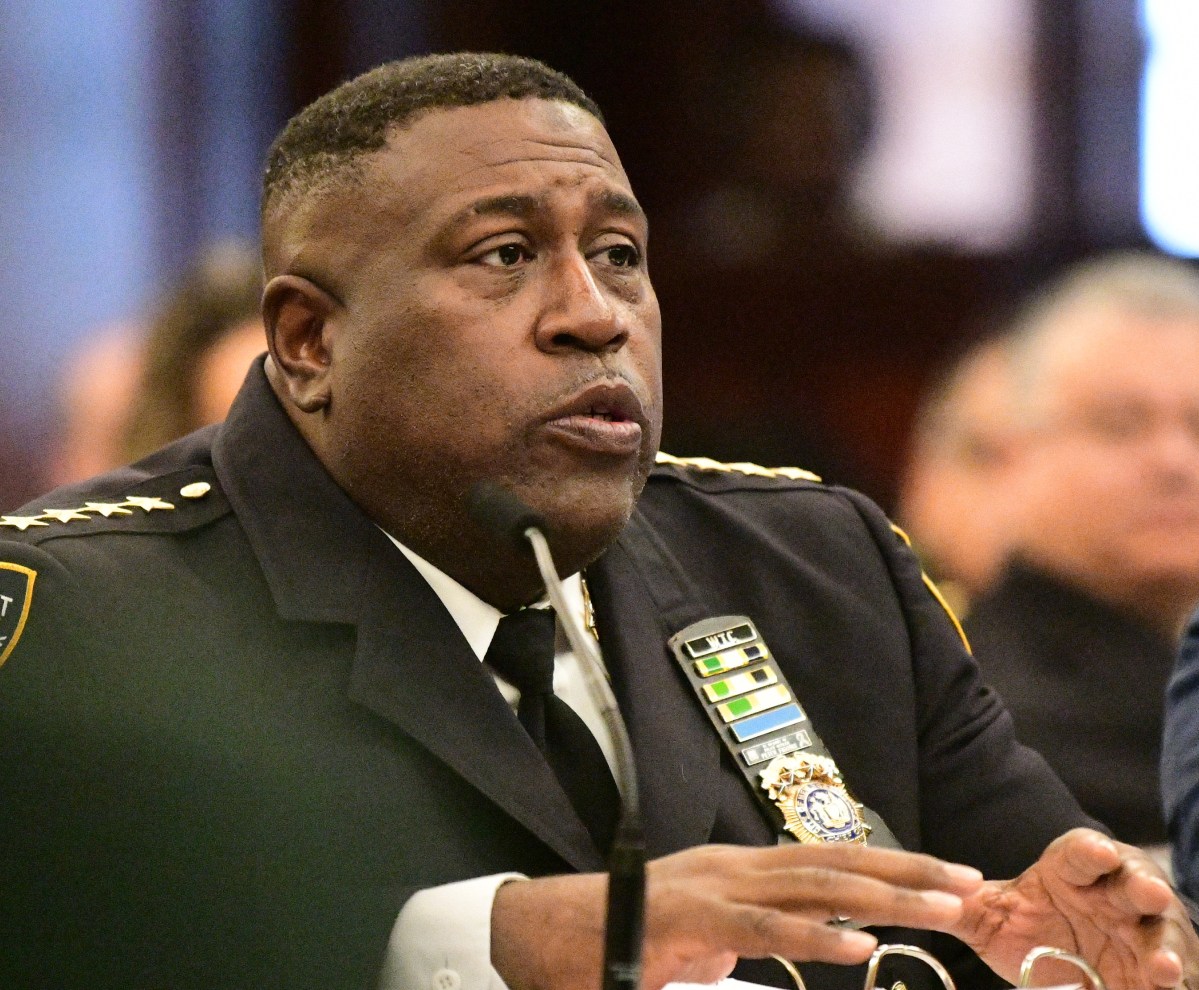Seven Guyanese from rural communities in the South American nation will complete their masters degrees in their respective field of study, at the prestigious Future Generations Graduate School in the United States.
Heading into their second semester in January 2011, the future leaders were chosen from a field of equally brilliant students whose qualifications are consistent with the institution’s mission – that teaches and enables a process of equitable community change that integrates environmental conservation with development.
Rohan Sagar, an ethnomusicologist, who presented papers of Guyanese traditional music at the recent Guyana Folk Festival Literary Hang/Symposium in Brooklyn, said that after living in all 10 regions of Guyana, he wanted to give back to the populace the historic narrative, which has been less than complimentary in many of the villages.
Sagar who was born in the Rupununi – a small outpost on Guyana’s southwestern border with Brazil, and spent the early years of his childhood there and in several other remote parts of Guyana, such as the foot of the Pakararima mountain range, and the Mazaruni River, started the Harpy Eagle Music Foundation in Georgetown.
Sagar who has been with Future Generation for the last seven months, said that his early experiences left a great impression on him and greatly influenced his appreciation of, and love for indigenous culture and musical heritage.
As such, his music career developed and his interest grew in several music forms that include the drums. Happy Eagle was created in response to the gradual erosion of the music of the indigenous peoples and Afro-Guyanese of Guyana.
Like Sagar, Bertie Moses Xavier, – a Toshao Chief of his Annai Village in the Rupanuni region, who holds a BS in Environmental Sciences from the University of Guyana, said the program allows him to build his leadership capacity to think critically in making decisions for the development of his community.
Being the first of this village to ever be given this momentous opportunity, Xavier added that his work in Government will help him to develop strategies for natural resource management to best promote and preserve “our culture which is important for our identity as indigenous people.”
“I want to develop a model to see how best I could create a culture centered society, so that we can not only focus on economic development, but also on our traditional way of life.
President and Project Director of the New Generations Program Jason S. Calder, who was also on hand to outline the initiative and seek the support from the Guyanese Diaspora, painted the institution as one that was developed to find community leaders and social agents in developing countries and communities.
He added that in the process, the citizens would be provided with a world- class global education as they continue to work and stay in their communities.
The current class of 20 students from 17 countries, are learning from a global faculty said Calder, who has been with the program for thirteen years after working with the Carter Center.
This he said gave him the opportunity to learn about Guyana, from where he said he formed a very high opinion of its people.
“When I was asked by Future Generations to recruit cohorts from Guyana, the argument was that, yes, Guyanese are very rooted in their community and their culture, and place a very high value on education, two qualities that are winning combinations for us.”
“Guyana is a modest size country where we could have an impact much more so, than we can in China, or India, that have very larger populations said Calder.


















